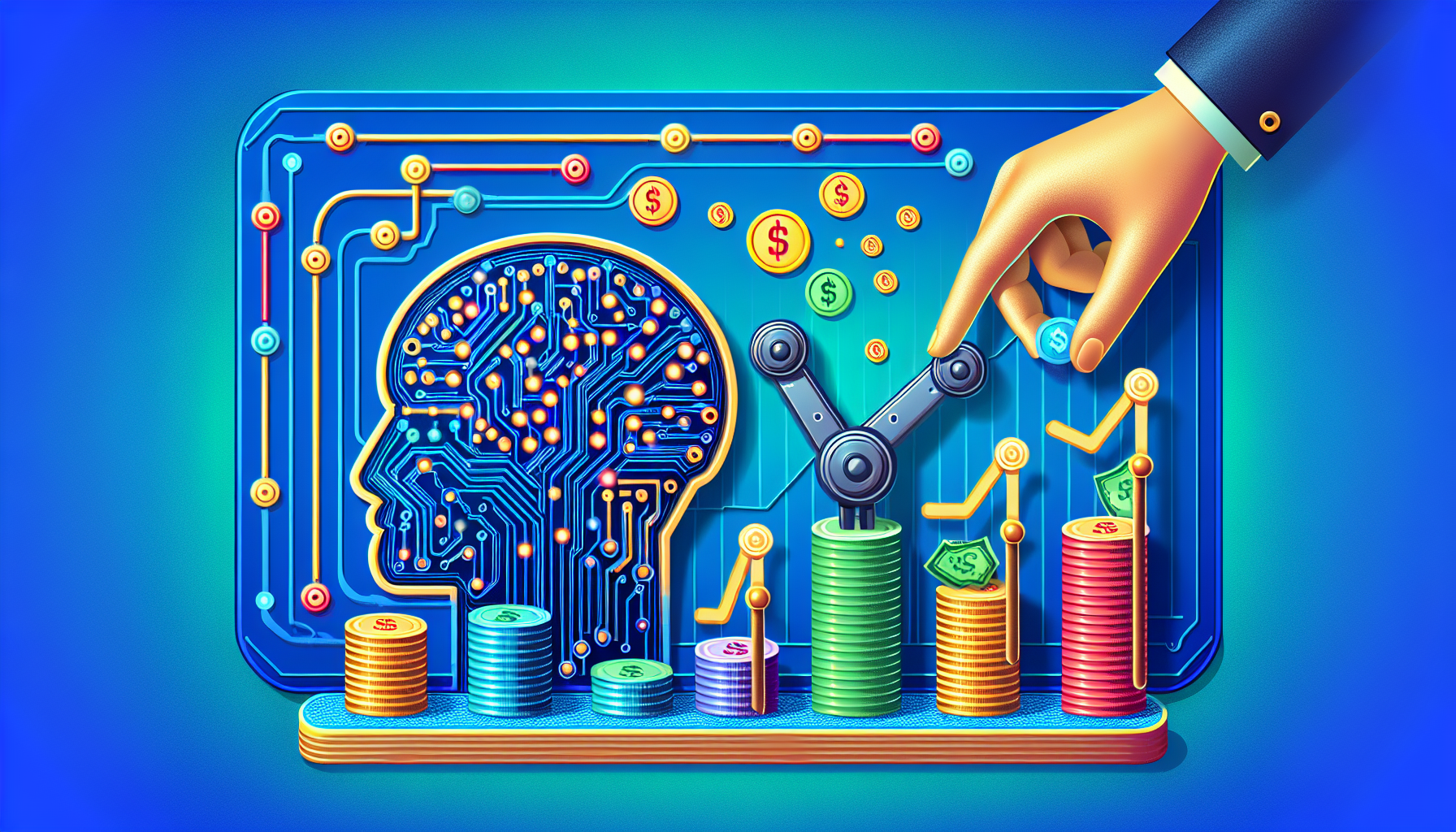Implementing AI-driven automation in pay-per-click campaigns can significantly enhance marketing efficiency by optimizing budget allocation, personalizing ad content for target audiences, and providing real-time data insights for continuous improvement.Pay-per-click (PPC) advertising has long been a staple in digital marketing, allowing businesses to bid for ad placements in a search engine’s sponsored links. While PPC campaigns offer a direct route to reaching a target audience, managing them effectively involves meticulous budget allocation, precise target audience segmentation, and constant data analysis. The traditional methods often fall short in efficiently handling these tasks. However, implementing AI-driven automation in PPC campaigns can significantly enhance marketing efficiency. This improvement is achieved by optimizing budget allocation, personalizing ad content for target audiences, and providing real-time data insights for continuous improvement.
Firstly, one of the primary challenges in PPC campaigns is budget allocation. Companies often struggle to distribute their budget effectively among various keywords and ad groups to maximize return on investment (ROI). AI-driven automation addresses this issue by analyzing vast amounts of historical data and predicting which keywords and ad placements are likely to yield the best results. Through machine learning algorithms, AI can dynamically adjust bids in real-time, ensuring that the budget is spent more efficiently. This automatic adjustment not only saves time but also reduces the margin for human error, ultimately stretching the marketing budget further and increasing overall profitability.
Another crucial aspect where AI-driven automation excels is in personalizing ad content for target audiences. Traditional methods rely heavily on manual adjustments to tailor ads to specific demographics, which can be both time-consuming and less precise. AI, on the other hand, uses data such as browsing behavior, previous purchase history, and social media interactions to craft personalized ads that resonate more deeply with individual users. By delivering relevant, personalized content, businesses can significantly improve click-through rates (CTR) and conversion rates, leading to more effective campaigns.
Moreover, AI-driven automation ensures that marketers have access to real-time data insights, which are crucial for continuous improvement in PPC campaigns. The dynamic nature of digital marketing requires constant monitoring and tweaking to remain effective. AI simplifies this process by providing real-time analytics and actionable insights, enabling marketers to make informed decisions quickly. These insights can reveal patterns and trends that might not be immediately apparent through manual analysis. For instance, AI can detect underperforming ads and suggest optimizations, or identify new opportunities for targeting, ensuring that campaigns remain adaptable and up-to-date with market changes.
By integrating AI-driven automation into PPC campaigns, businesses can reap the benefits of optimized budget allocation, more personalized ad content, and real-time data insights. The result is a more efficient marketing strategy that maximizes ROI and keeps pace with the ever-evolving digital landscape.
In summary, embracing AI-driven automation in PPC campaigns can revolutionize marketing efficiency. It allows for smarter budget use, crafts ads that speak directly to the audience, and ensures that campaigns are continuously improved based on real-time data. These capabilities enable businesses to stay competitive and achieve higher returns from their marketing investments.
